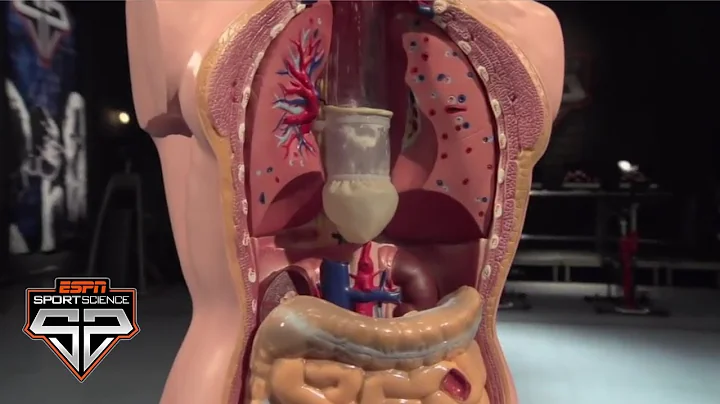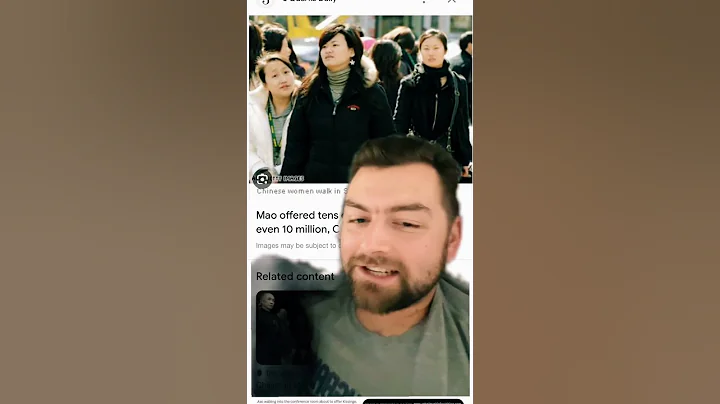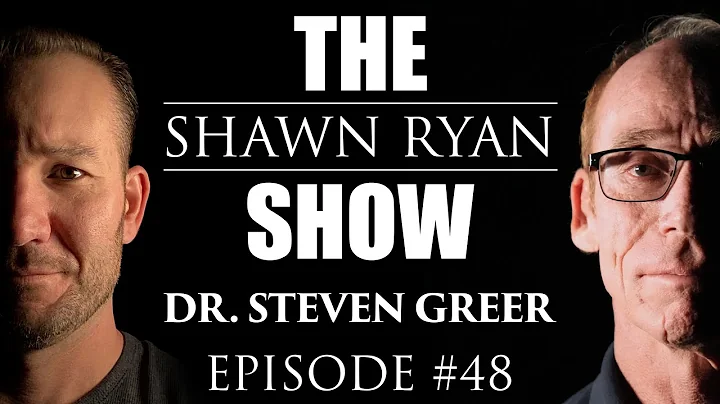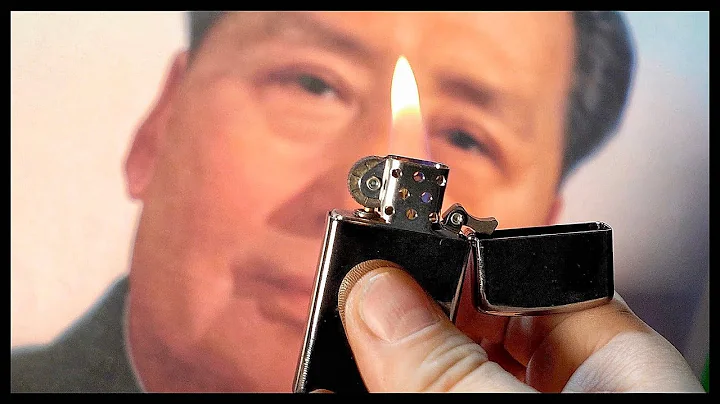Someone has summarized Chairman Mao's ten most profound sayings that have had a profound influence on China. One of them is "I will not attack others unless they attack me; if they attack me, I will attack them."

On July 23, 1959, Chairman Mao chaired a central meeting At the enlarged meeting of the Politburo, when he criticized the "communist style", he asked the cadres who engaged in the "communist style" to listen to good words, bad words, and other people's opinions. He said:
"People I will not offend others unless they offend me; if they offend me, I will offend them; if they offend me first, I will offend them later.”
From this sentence, we can see that Chairman Mao governs “communism.” We can also see Chairman Mao's firmness and persistence in the principle of "I will not attack others unless they attack me; if they attack me, I will attack them." This principle is not only applicable to the war years, but also applies throughout A principle of doing things in all aspects.

The phrase "I will not attack others unless they attack me; if they attack me, I will attack them" first came from the Sixth Enlarged Meeting of the Sixth Central Committee of the Communist Party of China held from September 29 to November 6, 1938. Chairman Mao At the meeting, the Chairman criticized the right-leaning capitulationist errors on the issue of the united front and established the line of independent leadership of the anti-Japanese armed struggle. Throughout the Anti-Japanese War, "I will not attack others unless they attack me; if they attack me, I will attack them" became the basic principle for the Chinese Communists to fight back against the armed provocations of the Kuomintang die-hards.
On January 28, 1939, Chairman Mao delivered a speech "On the Current War Situation and Political Situation" at the inspection work meeting of the Yan'an General Military Station of the 18th Group Army. Regarding the friction problem in the Anti-Japanese National United Front, he pointed out that we must try our best to All efforts should be made to reduce friction, but if someone insists on friction, "anti-friction" must be carried out, he said:
"In the Sixth Plenary Session of the Central Committee of the Communist Party of China, we said that we will never tolerate unreasonable friction and we must embrace it." The principle of "If someone doesn't offend me, I won't offend him; if someone offends me, I will offend him" is very important. For example, if I am standing in this room and he squeezes me, if I let him, Step back, step by step, there will be no room for me to move. So, if he squeezes in, we push back and push him back to his original position. If he wants to rub against him, we will rub against him. They create friction and occupy villages. He occupies one village and we occupy two of them. If he returns one to us, we will return the same amount; if he wants to capture people, he captures two, we capture four of them, and he captures us. If he is detained for three days, we will release him for six days. Why should we deal with him harder? It is because he offended me first and we want to punish him. This is resistance and friction. Stand up, otherwise you will suffer the pain of the death of the party. "

As Chairman Mao said, when there is a united front, there will be friction. Since the establishment of the Anti-Japanese United Front, friction has never stopped. From January 21 to 30, 1939, the Kuomintang held the Fifth Plenary Session of the Fifth Central Committee in Chongqing and determined the reactionary policy of "dissolving the Communist Party, preventing the Communist Party, restricting the Communist Party, and opposing the Communist Party". After the plenary session, the "Measures for Restricting the Activities of Alien Parties" were successively adopted. ", "Measures for Dealing with Alien Party Issues" and a series of anti-communist secret documents, under the guidance of anti-communist ideology, set off anti-communist upsurges again and again, massacring the anti-Japanese soldiers and civilians of the Chinese Communist Party, and the soldiers and civilians of the liberated areas launched heroic counterattacks one by one.
On September 16, 1939, Chairman Mao was interviewed by reporters from the Central News Agency of the Kuomintang District, the Sweeping Newspaper, and Xinmin Daily . Regarding the questions raised by the reporters about the friction between the Kuomintang and the Communist Party, Chairman Mao replied:
"The gentlemen's list of questions also asked about the Communist Party. Attitude towards so-called friction. I can tell you frankly that we are fundamentally opposed to the kind of friction between anti-Japanese parties that counteracts each other's forces. However, if rebellion in any aspect must occur, if bullying goes too far, if oppression is carried out, then , the Communist Party must treat it with a stern attitude. This attitude is: I will not attack others if they do not attack me; in principle.
On March 11, 1940, Chairman Mao delivered a speech on the "Current Anti-Japanese United Front Strategy" at the Yan'an senior cadres meeting. In the struggle against the Kuomintang die-hards, he proposed the three principles of self-defense, victory, and truce. Regarding self-defense In principle, he said:
"I will not attack others unless they attack me. If they attack me, I will attack them. This means that we must never attack others without reason, and we must never fail to fight back when being attacked. This is the principle of struggle. Defensive. The military offensive by the die-hards must be resolutely, thoroughly, cleanly and completely eliminated. "

On December 25, 1940, Chairman Mao drafted intra-party instructions for the Central Committee of the Communist Party of China and proposed a series of strategic principles and principles for the Anti-Japanese United Front. Specific policies, including military policy, he said:
"For the Kuomintang army, we should continue to adopt the policy of not attacking others, and we should try our best to develop the work of making friends. We should try our best to absorb those Kuomintang officers and civilians who sympathize with us. Party officers joined the Eighth Route Army and the New Fourth Army to strengthen the military construction of our army. "
After the "Southern Anhui Incident" occurred in January 1941, Chairman Mao proposed punishing the culprit of the Southern Anhui Incident He Yingqin , Gu Zhutong , Shangguan Yunxiang and withdrawing from Central China. He pointed out:
"If the above twelve solutions can be implemented, the situation will naturally calm down. Otherwise, 'I fear that Ji Sun's worries will not be in Zhuan Yu, but within Xiao Qiang'."
On April 24, 1945, Chairman Mao delivered an oral political report at the Seventh National Congress. Regarding the issue of self-defense and counterattack, he said:
"All the Kuomintang's attacks, big or small, must be counterattacked and answered. Regardless of whether they are literary or Regardless of whether it is a military force or a military force, as long as it attacks, we must wipe it out resolutely, thoroughly, cleanly and completely. I also said this to the Kuomintang's liaison staff. , let me talk about our policies: The first one is Lao Tzu's philosophy, which is called "not taking the lead in the world." That is to say, we do not take the first shot. When you come, we will turn around and walk away. One house is thirty miles, and three houses is ninety miles. However, this is not necessarily the case. It depends on the size of the place. When we talk about staying away, when you come, we will give way. It means. The third article is "Reciprocity" mentioned in "Book of Rites ". It is not polite to go back and forth, and it is also not polite to go back and forth. That is to say, "If someone does not offend me, I will not offend others; if others do, it is not polite." "I, I will commit crimes." We put forward this slogan in 1939, and this is still the policy today. On August 15, 1945, Japan announced its surrender, and the Chinese people's heroic war of resistance against Japan ended victoriously. In the afternoon of that year, Chiang Kai-shek 's spokesman alleged at a press conference in Chongqing that the Communist Party had violated Chiang Kai-shek's order to prohibit the Eighth Route Army and the New Fourth Army from attacking Japan and the puppet troops, and said that "violators are public enemies of the people." This statement was criticized. Considered to be Chiang Kai-shek's public signal of all-out civil war. The next day, Chairman Mao wrote a commentary "Comment on Chiang Kai-shek's Spokesperson's Speech" for The dark history of the climax revealed Chiang Kai-shek's sinister intentions in preparing for a nationwide civil war. Comments pointed out:
"The three anti-communist climaxes and countless other challenges were not repelled because of the Communist Party's unrestricted concessions and obedience, but because of the Communist Party's persistence." If someone does not attack me, I will not attack others; if someone attacks me, I will attack them and fight back with a strict self-defense attitude. If the Communist Party has no strength, no backbone, and does not fight to the end for the interests of the nation and the people, it will be a civil war for ten years. How can it end? How can the Anti-Japanese War begin? Even if it begins, how can it persist until today's victory?"
Chairman Mao also pointed out the method of opposing civil war. He said:
"Resolutely and quickly strengthen the democratic power of the people. Liberate the enemy-occupied cities and disarm the enemy and puppets. If there are independent rebels who dare to attack the people, take a stand of self-defense and resolutely fight back, so that the instigators of civil war will have no way to succeed. This is the way, and this is the only way. ."

The three-year war of liberation after the victory of the Anti-Japanese War was a massive counterattack led by Chairman Mao across the country against Chiang Kai-shek's decadent political and military clique. It was a thorough head-on attack on the invading enemy from all aspects. "No one commits crime. "I, I will not offend; if someone offends me, I will offend them" principle exerted such devastating power that Chiang Kai-shek, who recklessly launched a civil war, had no chance to regret it.
After the founding of New China, Chairman Mao's " Are you still using "16-character formula "?
In October 1951, Chairman Mao pointed out in his opening speech at the third session of the first session of the Chinese People's Political Consultative Conference: "We do not want to invade any country. We only oppose the imperialists' aggression against our country." "
On June 11, 1954, Chairman Mao presided over the seventh meeting of the Constitution Drafting Committee. He Xiangning, a member of the Central People's Government, raised such a question. She said: "If we encounter an emergency, such as imperialism invading us, the central government must be able to Just take some measures? "Chairman Mao replied:
"When there is an emergency and someone else calls in, the Standing Committee can decide the issue without waiting for the National People's Congress to convene. This is still about declaring a state of war. If the enemy attacks, of course our army will attack immediately, "the troops will come to block it, and the water will come to cover it." Instead of waiting until a state of war is declared before shooting, we should first 'fight' and then 'deploy'. The Standing Committee can also meet immediately, the Premier of the State Council can also immediately issue orders to take action, and the President of the People's Republic of China can immediately command the military. According to Article 20 of the draft constitution, the mission of our military is to "defend the security of the country and the integrity of territorial sovereignty." We will fight whatever comes and don't discuss it. "

Beginning in the second half of 1959, China's neighbor India implemented the "Forward Policy" on the border and continued to advance deeper into China. However, the Soviet Khrushchev government's attitude towards this issue was to favor India. 1959 On the eve of the 10th National Day of the New China, Khrushchev came to China to participate in the celebration, and had a verbal quarrel with the leaders of the Chinese Communist Party on the China-India issue . Chairman Mao said:
"On issues involving China, We hope that the Soviet comrades can also listen to China's opinions and explain the situation clearly. Our principle is that we will not offend others unless they offend us. If we are attacked, we will definitely fight back! "
The Chinese government could not bear the provocations of the Indian government step by step. It launched a self-defense counterattack on October 20, 1962, which completely hurt India. When Chairman Mao talked about this war, he said:
"India has punished us. Three years. Starting in 1959, 1959, 1960, 1961, and 1962, it took four years before we fought back. If you can’t do it without fighting, just fight. You've been punishing us for three years. "

Since the founding of the People's Republic of China, the United States has inserted a knife on the Korean Peninsula and also inserted a knife on China's southeastern coastal areas. U.S. aircraft and ships have often intruded on China's airspace and territorial waters. In addition to attacking China on the Korean battlefield, In addition to the severe attack, the US military also showed no mercy to the invading US aircraft and ships and resolutely fought back.
On September 16, 1950, Chairman Mao issued instructions on protesting the intrusion of US aircraft and ships into our airspace and territorial waters:
"Northeast China, Shanghai, and Shandong. Attacks by US aircraft or ships continue to be found along the coast (where fishermen discovered them), and it would be inappropriate to ignore them. "
On April 8 and 9, 1965, U.S. military planes invaded our airspace over Hainan Island for several days and continuously launched missiles to attack our military planes. After receiving the situation, Chairman Mao instructed: "U.S. planes have invaded Hainan Island. We should fight and fight resolutely." . Has the navy division stationed in Qingdao been transferred to Hainan Island? The navy should mobilize its troops, and if it is not enough, the air force should mobilize its troops. The US machine was testing yesterday, and it is testing again today, it is really provoking! Once it comes, we should fight resolutely. Naval aviation and the air force should be under unified command, and the navy and air force should cooperate well to fight! "

In non-war situations, from 1949 to the end of 1969, our People's Liberation Army shot down a total of 141 enemy aircraft and damaged 238 enemy aircraft in air defense operations to protect the motherland's airspace. The arrogance of the United States was defeated.
In the long-term struggle against the Soviet revisionist social-imperialism, Chairman Mao still insisted on the magic weapon "I will not attack others unless they attack me; if they attack me, I will attack them."
In March 1969, an armed conflict broke out between China and the Soviet Union on Zhenbao Island in Hulin County, Heilongjiang Province. On March 2, the Soviet army dispatched more than 70 people to seize Zhenbao Island, prevent the Chinese border patrol from landing on the island, and fired at the Chinese army, killing and wounding 6 Chinese border guards. The Chinese border guards fought back, expelled the Soviet troops from Zhenbao Island, and successfully defended the island and defended its territorial sovereignty. Regarding the Battle of Zhenbao Island, Chairman Mao said in his speech to the people marching to denounce the Soviet aggression:
"We must unite as one, share the same hatred of the enemy, defend the sacred territory of the motherland to the death, and resolutely eliminate all invading enemies!"
May 1969 , Chairman Mao reviewed the draft of the "Statement of the Government of the People's Republic of China" prepared for release in response to the Soviet Union's statement on the Sino-Soviet border issue, and added in the last paragraph of the manuscript:
"I will not attack others unless they attack me; if they attack me, I will not attack them. "I will attack others."

Among the ten sentences that people have summarized as Chairman Mao's most profound influence on China, "I will not attack others unless they attack me; if they attack me, I will attack them" is the most righteous sentence. And among those who were selected, indeed, when reading this sentence, people seem to see righteousness, strength, courage, domineering, majesty, and an awe-inspiring and inviolable atmosphere! The "Sixteen-Character Jue" is the principle of life and conduct set by Chairman Mao for the Chinese people and the Chinese nation. It is our "national motto". It supports the backbone of the Chinese people, protects the dignity of the Chinese people, and safeguards China. Human safety cannot be abandoned or forgotten even for a moment.





















